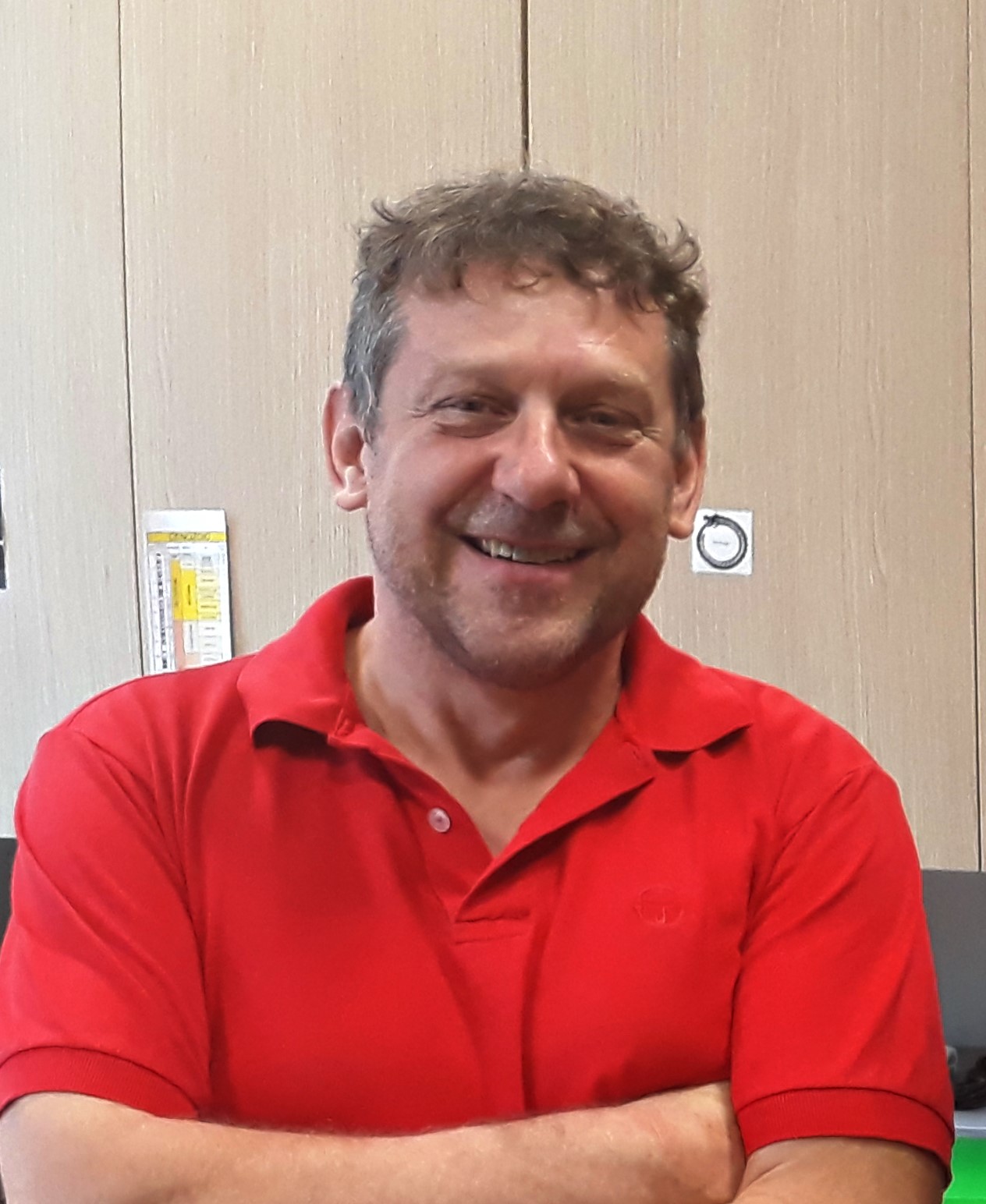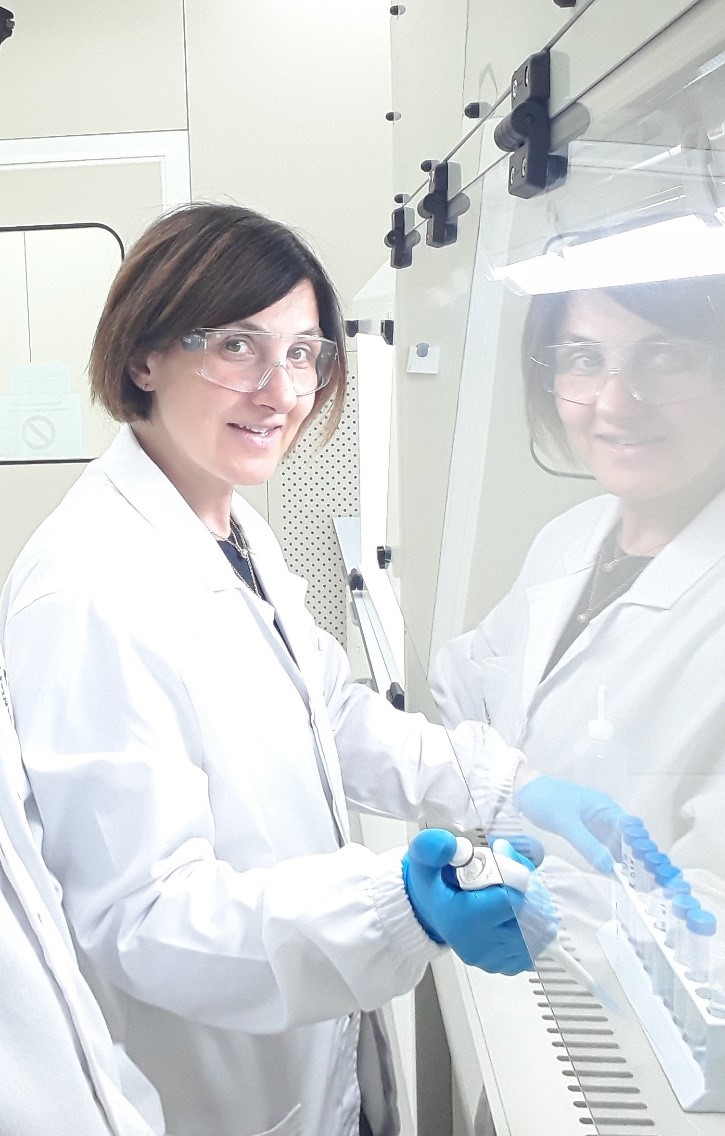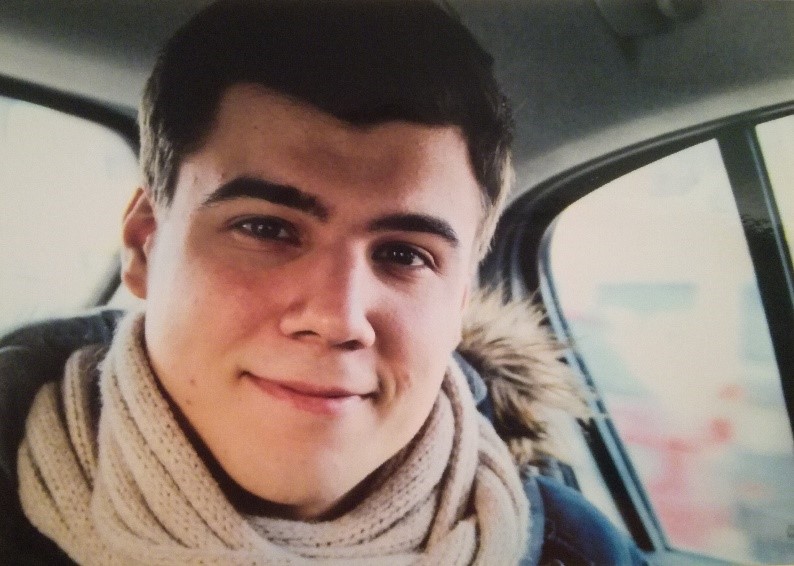Daniele Brunelli

I am Daniele Brunelli, professor of Petrography and Petrology in the Department of Chemical and Geological Sciences of UNIMORE. I have graduated cum laude in Geological Sciences at the University of Padua and hold a Phd in Earth Sciences from the University of Bologna. From 2002 to 2006 I was a Postdoctoral Research Scientist at the CNRS-INSU Institut de Physique du Globe (Paris, FR) and the CNRS-Laboratoire Pierre Sue (Saclay, FR) within the Euromelt project. I returned to Italy in 2007 to take up a position at UNIMORE and hold since 2008 an adjunct position at the CNR-ISMAR. I study the petrological and geochemical processes that create through time oceanic crust and the interaction between melts and mantle rocks both in the ocean and on continents. Recently I have been interested in studying the carbon cycle and tracing organic matter in the oceanic mantle. I have participated to several oceanographic expeditions in the Mediterranean Sea, Atlantic and Indian Oceans and in the Periantarctic oceans. I coordinate the Interridge working group on Oceanic transform faults. Since 2019 I am Guest Investigator at Whoods Hole Oceanographic Institution, Boston, MA.
I will be co-chief scientist during this expedition and coordinate the scientific work on board the vessel and dives with the submersible.
Anna Cipriani

I am Anna Cipriani, professor of Geochemistry and Volcanology in the Department of Chemical and Geological Sciences of UNIMORE. I have arrived in Modena in 2011 with a “return of the brain” Rita Levi Montalcini Fellowship after studying and working in NYC for more than 10 years. I hold an MPhil and a PhD in Earth and Environmental Sciences from Columbia University (NY, NY). I mostly work in the lab, separating isotopes and measuring trace elements to understand processes happening deep into the Earth’s mantle by studying crustal and mantle rocks outcropping along mid ocean ridges and in ophiolites. More recently, my work has broadened to include the application of geochemical analyses in archaeology, environmental and forensic studies. I am also actively participating in geo-wiki.org, a project that uses open source information and collection of crowdsourced spatial data to improve the interpretation of satellite imagery to better detect changes occurring on the Earth’s surface. I have been at sea before during several oceanographic expedition across the Atlantic Ocean, the Indian Ocean and the Red Sea. But this will be my very first dive with the submersible. I feel really lucky for this opportunity and can’t wait to explore the deep ocean!
Léna Verhoest

I am Léna Verhoest, a French student. After obtaining my MSc degree in Marine Geosciences in June 2018 at Université de Bretagne Occidentale (UBO, Brest – France), I started my PhD in November 2018 at the Università di Modena e Reggio Emilia (UNIMORE, Modena – Italy). I am a geochemist studying magmatic rock compositions to understand mantle heterogeneities under mid-ocean ridge. My PhD project is focused on the eastern ridge-transform intersection of the Romanche fracture zone in the Equatorial Atlantic. It is carried out in co-supervision by both M3ES PhD school of UNIMORE (Dipartimento di Scienze Chimiche e Geologiche; Prof. Daniele Brunelli) and IUEM (Laboratoire Géosciences Océan; Prof. Christophe Hémond).
The SMARTIES expedition will be my first experience on a research vessel, I am very excited about it and I know it will be an unforgettable experience, especially diving in the Nautile!
Fabio Lombardi

Hello, I am Fabio Lombardi, a student from Modena, Italy. I have a degree in Geological Science, with a thesis on alkaline basalts from the Romanche FZ. I am now studying for my master degree in Geological Science and Technologies and looking forward to embark on this expedition! This is a great opportunity for my studies to become even more real, touching first-hand how oceanic rocks are collected and being among a great group of scientist! Unfortunately, I will not go with them on the submarine, but I will contribute from the ship describing rocks and “watching” our instruments collecting geophysical data!


